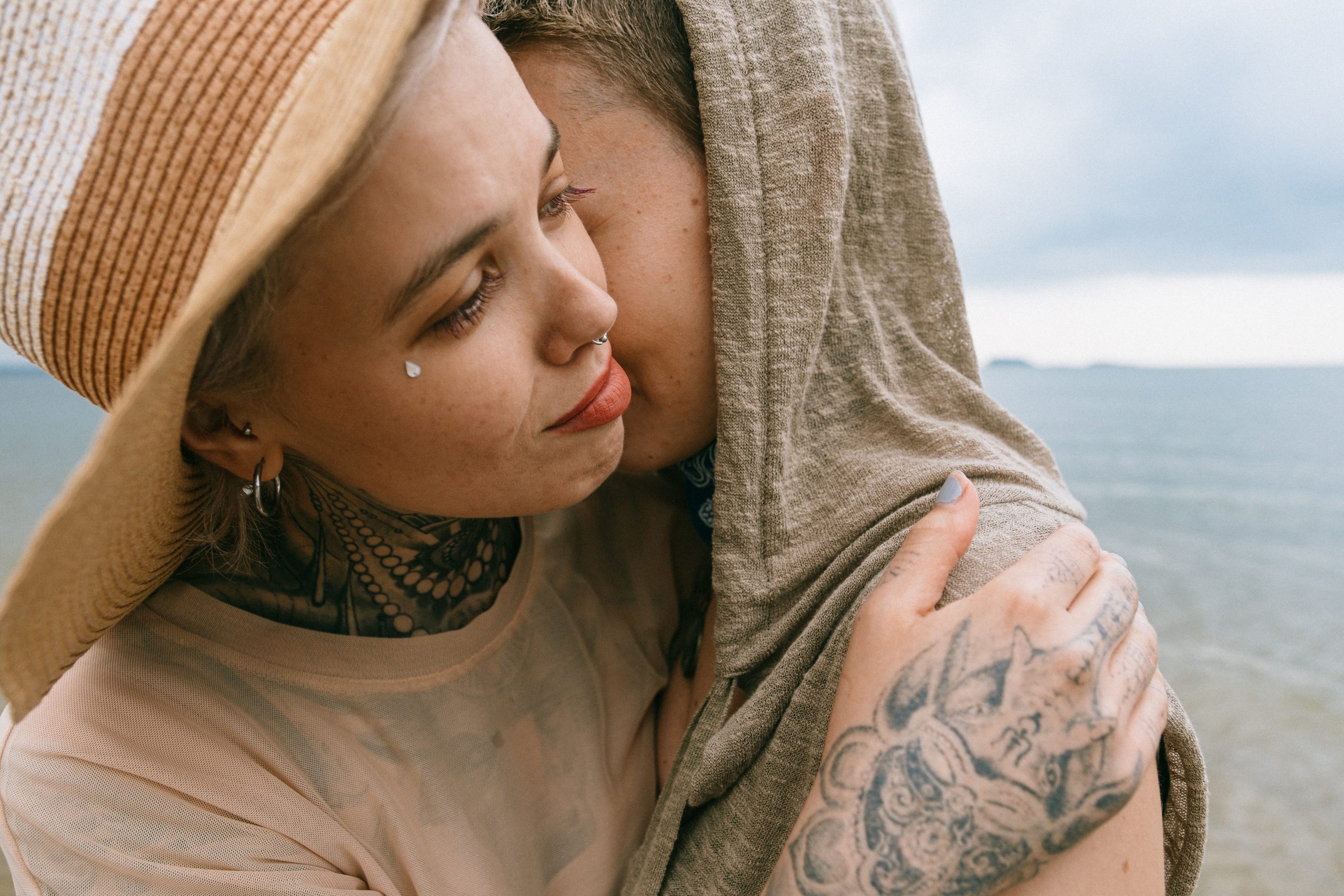
You call up a friend. Your heart is heavy. You feel like you’re about to cry. The line rings and rings, and you almost hang up.
She finally answers.
You’re not sure where to start, so you ask her how she is. She launches into a diatribe about her marriage and says she’s not okay. You still feel like crying but you hold it in. You tell your friend you’re here for her and empathize, letting her know that it must be devastating.
By the time you hang up, she feels better. She thanks you for letting her get it all off her chest.
You put the phone down. The darkness comes back; the tears well up again.
When we are the strong friend, we are almost always a go-to support system. We are there for those we love with unconditional and nonjudgmental support. We are known as the empathetic one, the good listener, and the one with great advice.
We are everyone’s sounding board.
But who checks in on us? Who asks us, “How are you?” and senses that our “Fine, thanks” reply actually goes deeper than that?
For years, I was a chameleon—a shapeshifter. Alone, I felt worthless and hopeless. I harmed myself and I had thoughts of suicide. But in public, I was the center of the party—the bright shining star, with stories to entertain and to amaze. I let no one see that on the inside, I was falling apart.
When I was finally open about my struggles, my mental health diagnosis, and my journey of recovery, people were shocked. They expressed that I was too young, intelligent, and beautiful to feel this way.
They couldn’t process the information. They thought someone so outgoing who was there for everyone else had everything under control in her own life. Some even just saw me as a resource, forgetting that I am a human being with my own challenges and my own needs.
To the strong friend, to the one who always overcomes and seems to do it alone: people believe you when you say you’re doing well. They take it at face value because you always keep it together.
But I see you.
I hear the slight falter in your voice as you say, “Fine, thanks. And you?” I understand that it’s not always easy, but we do it because we love the people in our lives. We do it because we don’t want to seem weak. We do it because we don’t want to be a burden.
Unless we are in crisis, most people assume we are doing well. They don’t see that it might be a constant battle to stay that way.
I’m here to tell you that I understand—that I see you. You don’t have to be strong all the time. Or should I say, you’re allowed to be strong in a different way—you’re allowed to ask for help. Seeking support is strength, not weakness. You are allowed to break down and need someone to lean on. You are allowed not to have the emotional bandwidth to support someone in that moment.
If these words resonate with you, take them as validation of your struggles and as permission to ask for support. You may be the strong one, but that does not mean you are unworthy of compassion, support, and attention.
Maybe share these words with the people in your life whom you support unconditionally. Remind them to check in on you. Remind them to ask more than just a simple “How are you?” and to genuinely listen to the answer. To dig deeper.
To the strong friend: keep overcoming, keep being resilient.
Just remember, you don’t have to do it alone. Asking for the help you need is a great sign of strength.








Read 8 comments and reply